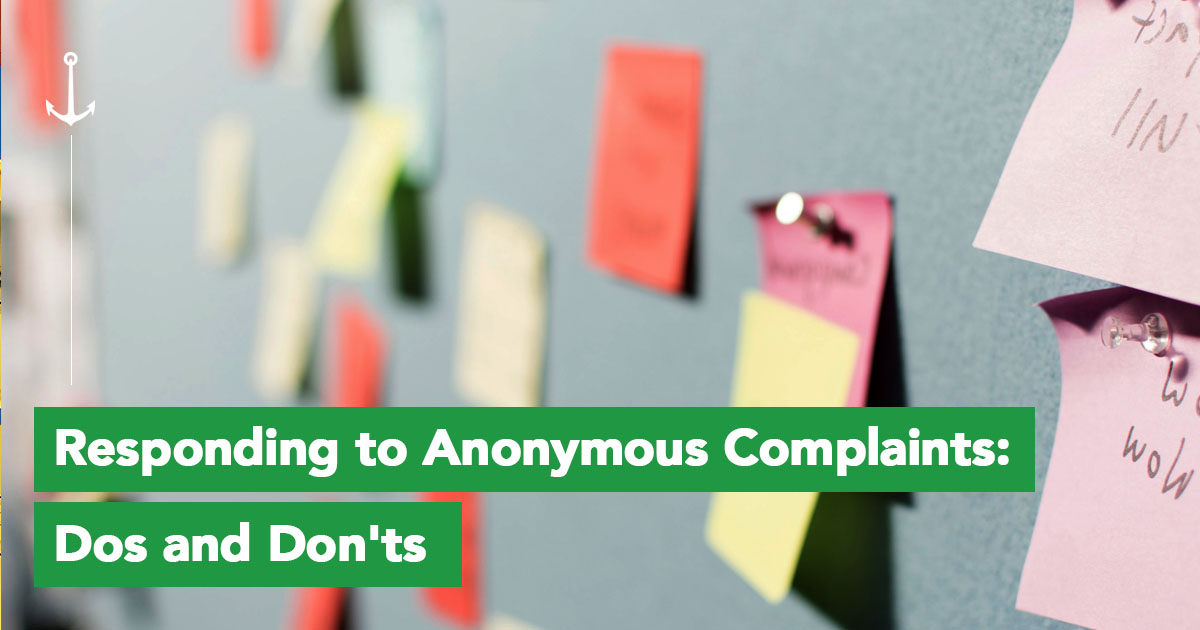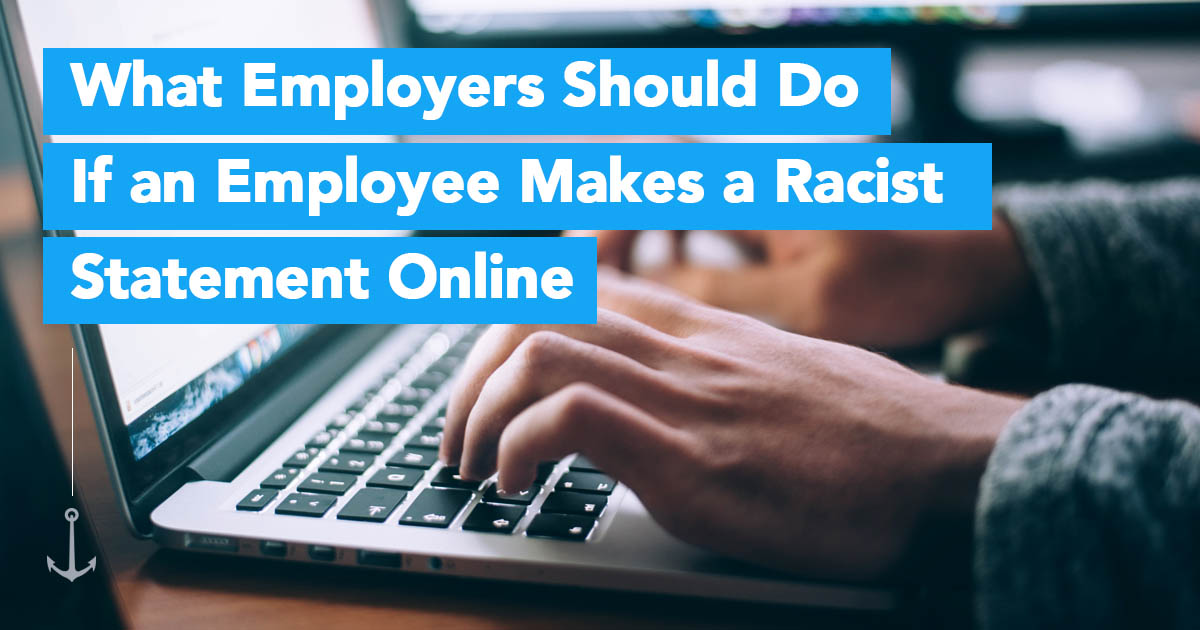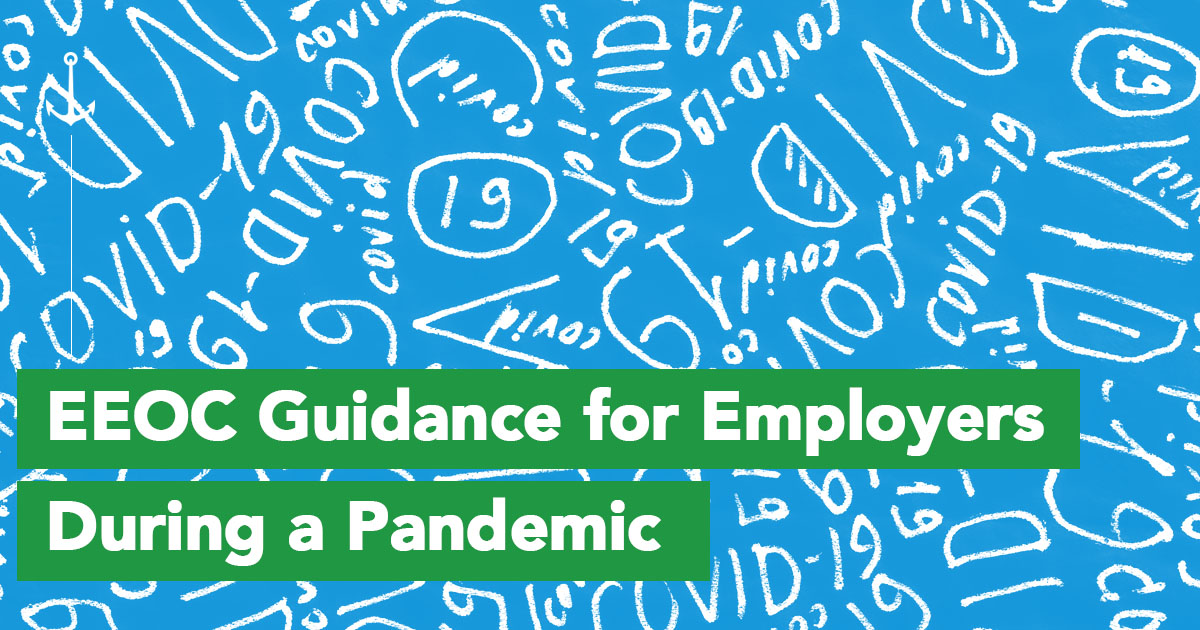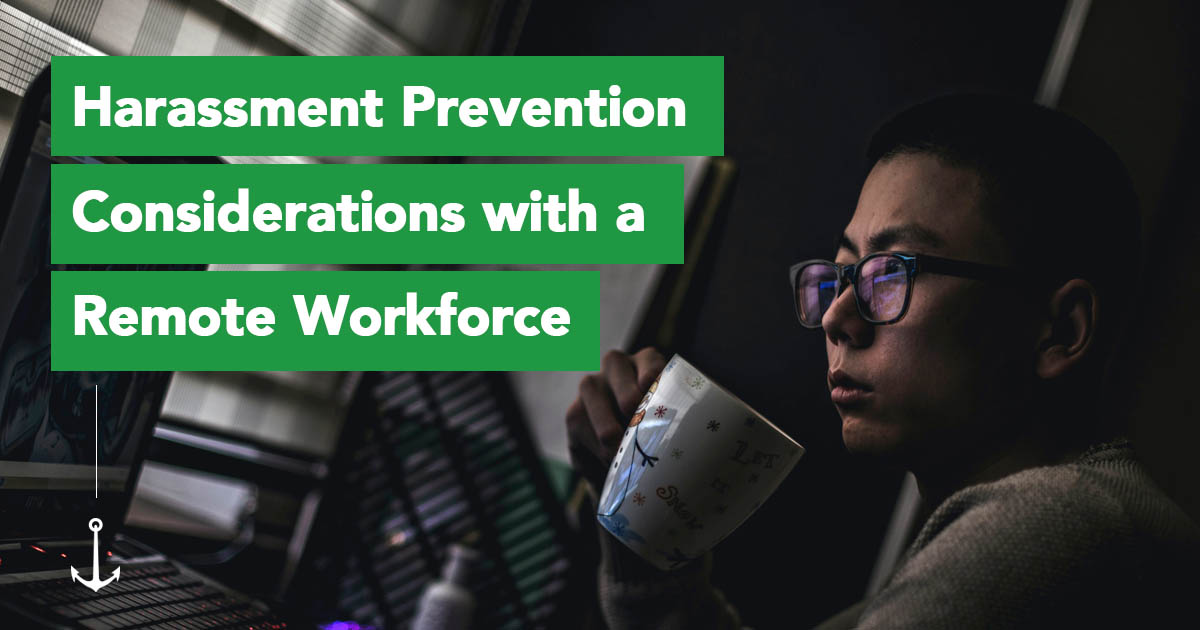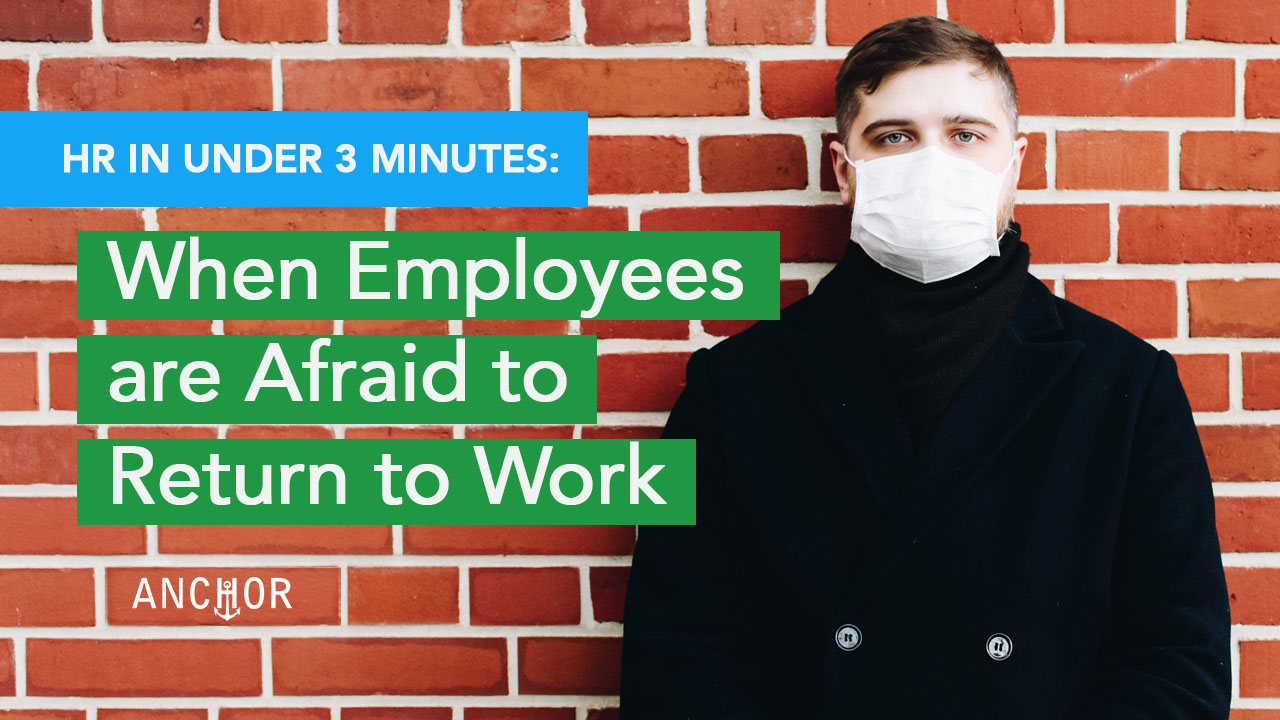The prospect of corrective action or termination makes a lot of managers nervous. That’s understandable. For employees, being disciplined or losing their job can be anything from moderately embarrassing to financially devastating, but it’s rarely a happy occasion. For the employers, these actions always come with some risk, and there are plenty of legal danger zones an employer can end up in if corrective action isn’t done properly.
What You Need to Know Before Disciplining or Terminating an Employee
Topics: teams, employers, hr, termination, discipline
Back-to-School: Frequently Asked Questions about Leave under the Families First Coronavirus Response Act (FFCRA)
Topics: covid, leadership, teams, employers
Responding to Anonymous Complaints: Dos and Don'ts
If you receive an anonymous complaint, it is important to remain calm and review the complaint objectively regardless of how egregious the accusations may seem. Although the complaint was received anonymously, the company still has an obligation to take action, if necessary, to ensure that employees are provided a workplace that is safe and free from harassing or discriminatory conduct.
Topics: leadership, teams, employers, employees, hr, Success
HR In Under Three Minutes: Documentation – The Magic Formula
We are going to talk for just a couple minutes about the magic formula for documentation. Why are we talking about documentation at all? Well, one of the most common questions we get is, “Can I terminate this employee?” The first thing we say in response is, “Do you have documentation of the poor performance or the behavioral issue?” Sometimes the answer is “yes,” often the answer is “no.”
It is really important that employers have documentation to back up their employment decisions. That documentation should have a few elements. So, let’s talk about those.
Topics: teams, collaboration, employers, employees, hr, documentation, termination
What Employers Should Do If an Employee Makes a Racist Statement Online
Given renewed national attention on issues of racial equity and justice, employees and customers might be more inclined to report incidents of racism they witness in person or on the internet. In this article, we cover some recommended practices for employers if they receive a report that an employee has made a racist statement online.
Topics: leadership, employers, hr, harrassment
The spread of the Coronavirus (COVID-19) has employers rightly concerned about how to handle threats of contagion in the workplace. Along with those worries come concerns about violating other laws in the process of trying to keep the workplace safe. Specifically, the ADA comes to mind; if we send someone home who appears sick, have we then discriminated against someone with a disability? Thankfully, the Equal Employment Opportunity Commission (EEOC) has answered a number of common questions that employers are asking. Additional EEOC guidance can be found here.
Topics: covid_19, covid, teams, employers, employees, hr, humancapitalmanagement
Harassment Prevention Considerations with a Remote Workforce
Using video conferencing apps for meetings can make for a more productive and engaging time than group discussions over the phone, but there are also some risks to consider:
Topics: leadership, effective meetings, teams, employers, employees, hr, humancapitalmanagement, harrassment
With all of the changes everyone has had to make over the past few months, not to mention the heightened stress we’re all feeling, it may be tempting to let certain practices slide or be less strict about following particular workplace policies. Flexibility during crisis situations may make sense in certain situations, but there are some areas where you don’t want to fall short of your usual standards. Documentation is certainly one of those.
Topics: leadership, teams, employers, employees, hr, humancapitalmanagement
There are a lot of reasons why an employee or a team may be underperforming, and sometimes it takes a little digging to get at the root of the problem. Under-performance could be due to a skill gap, unclear expectations, or a lack of incentive to perform. It could be due to obstacles in your organization that prevent people from completing their assignments or getting their work done on time. There could be a combination of factors that would need to be addressed before employees could routinely do their best work.
Topics: leadership, teams, employers, employees
Topics: covid_19, covid, leadership, reopening, teams, employers, employees



